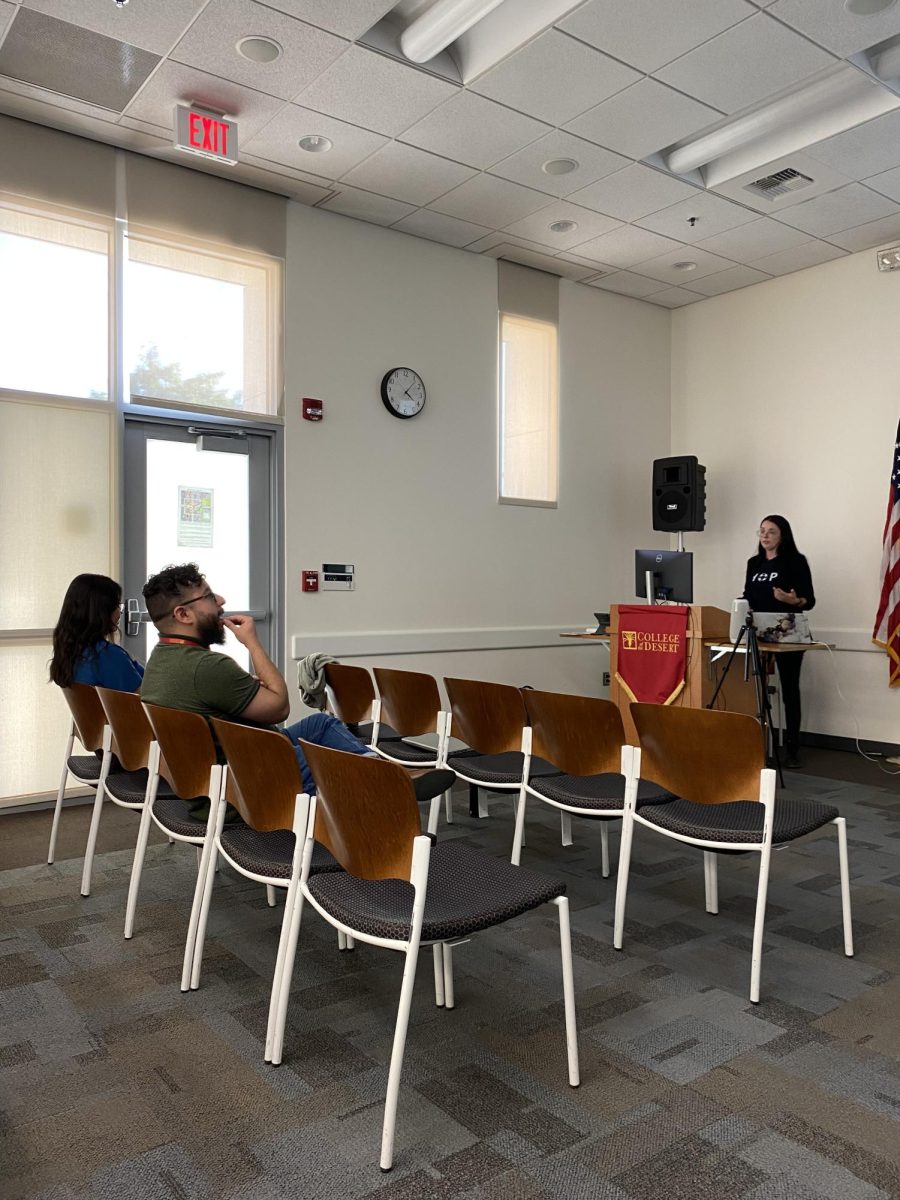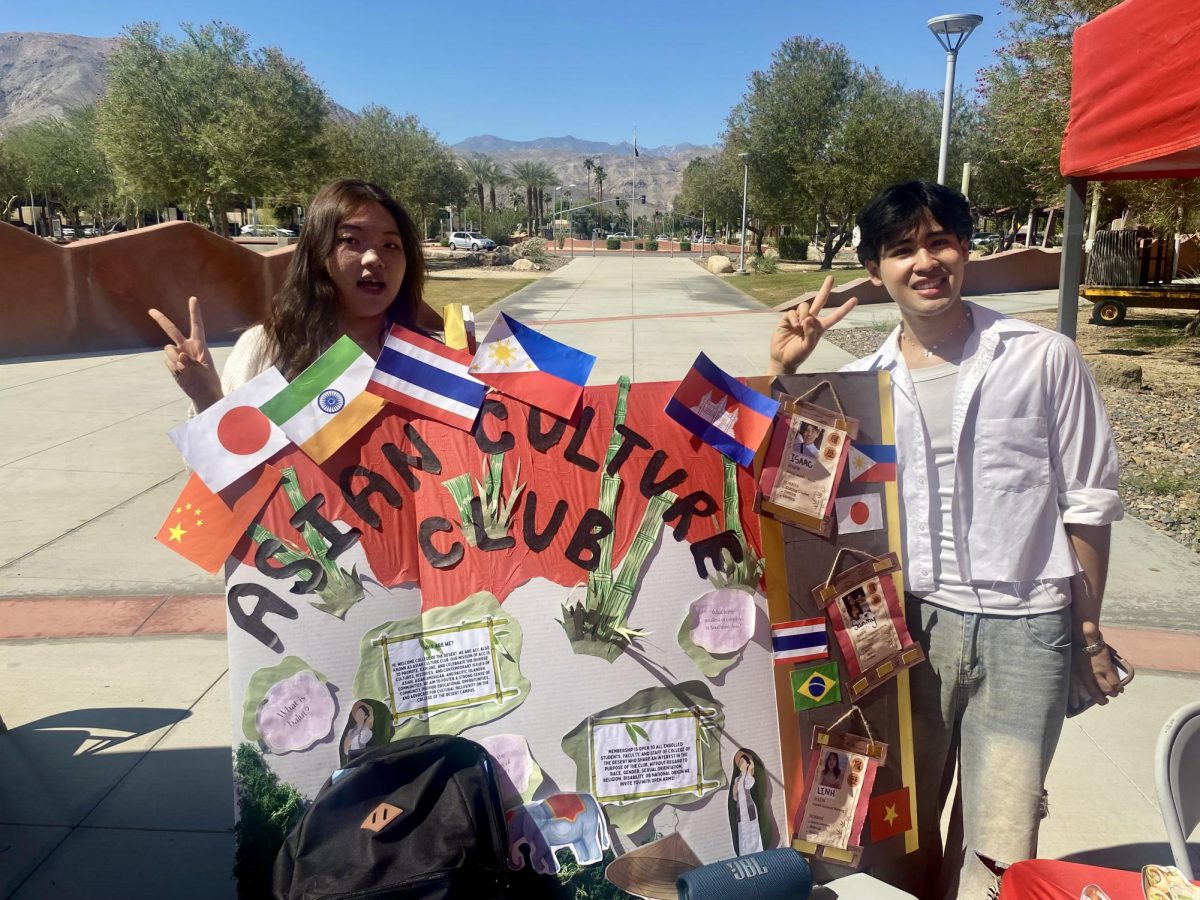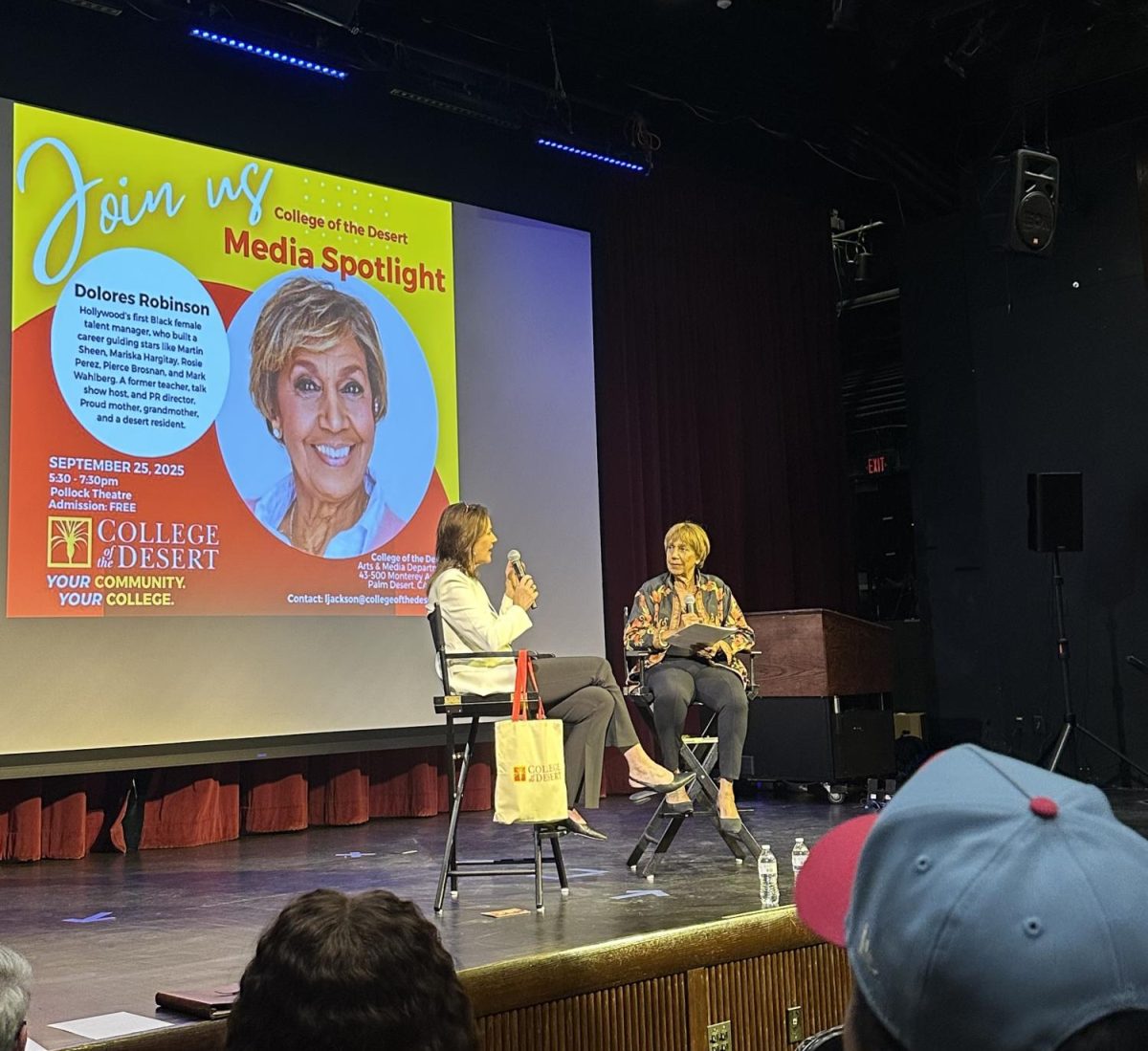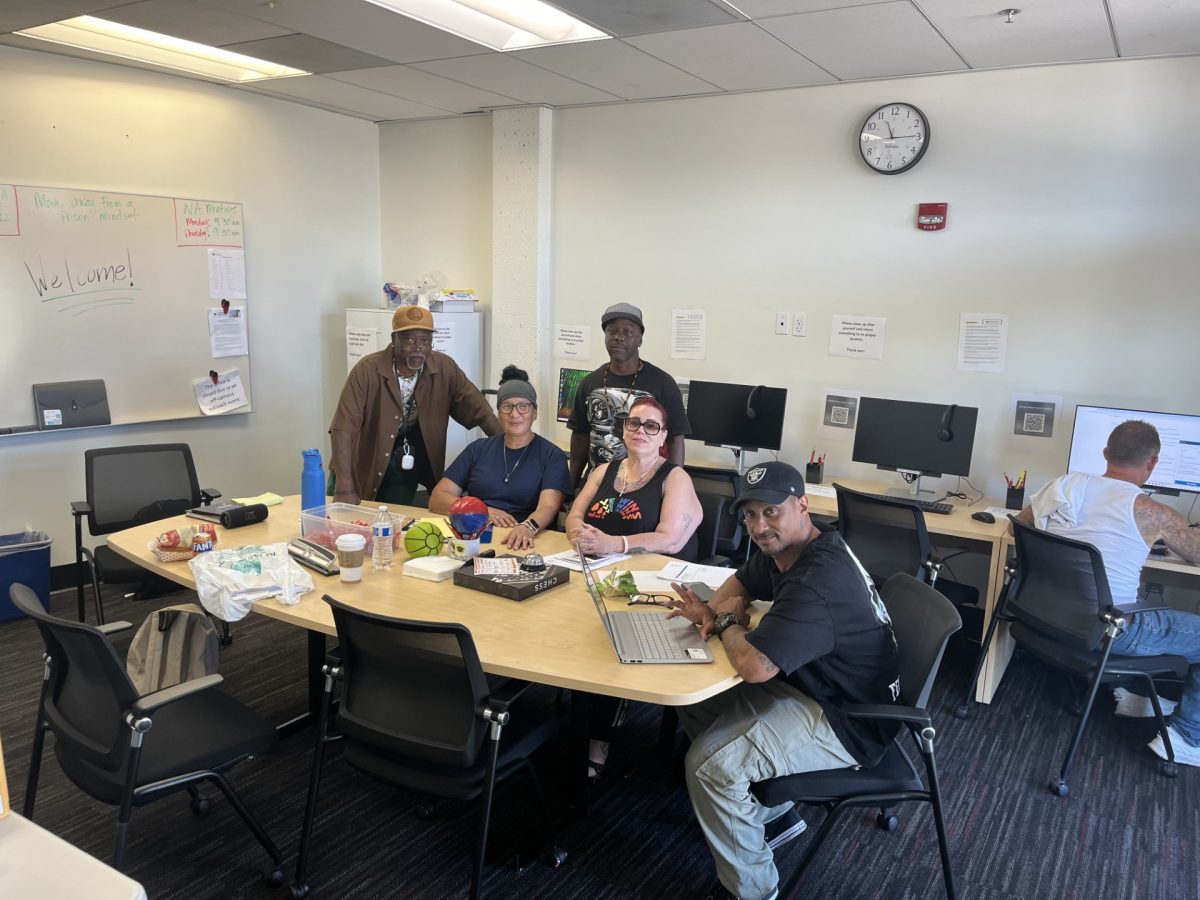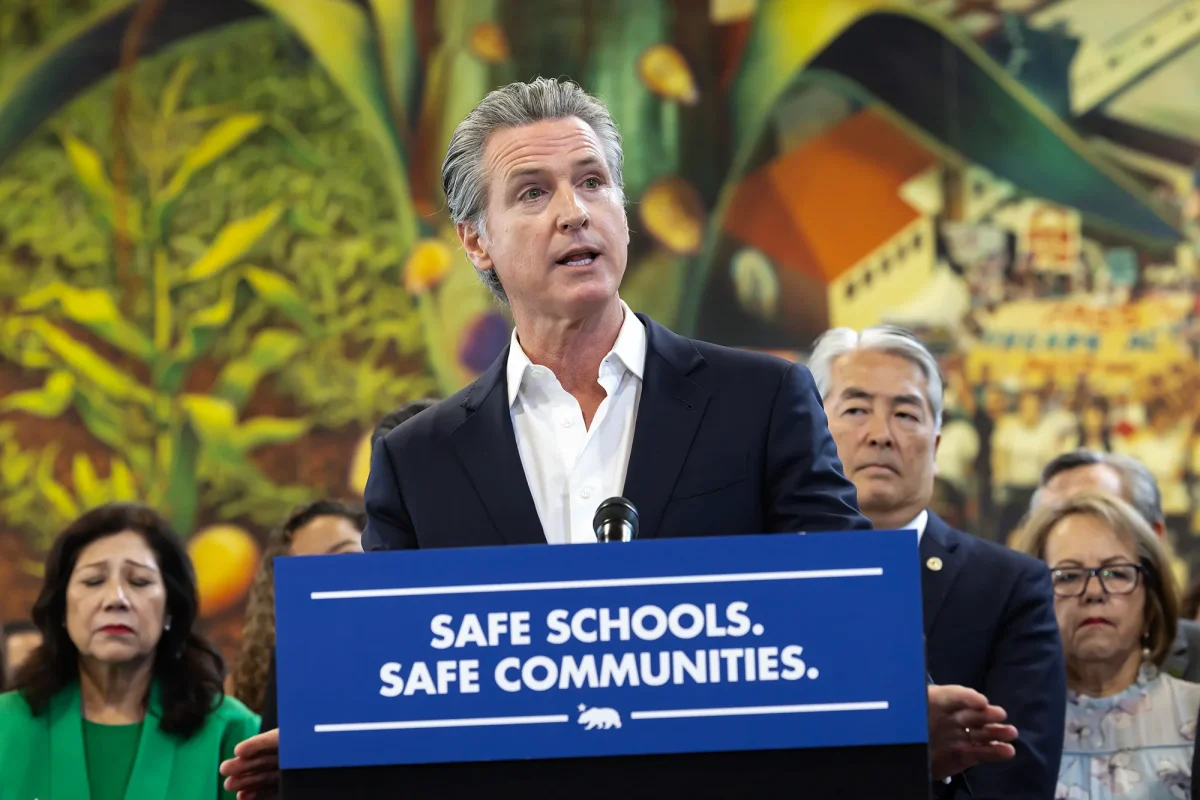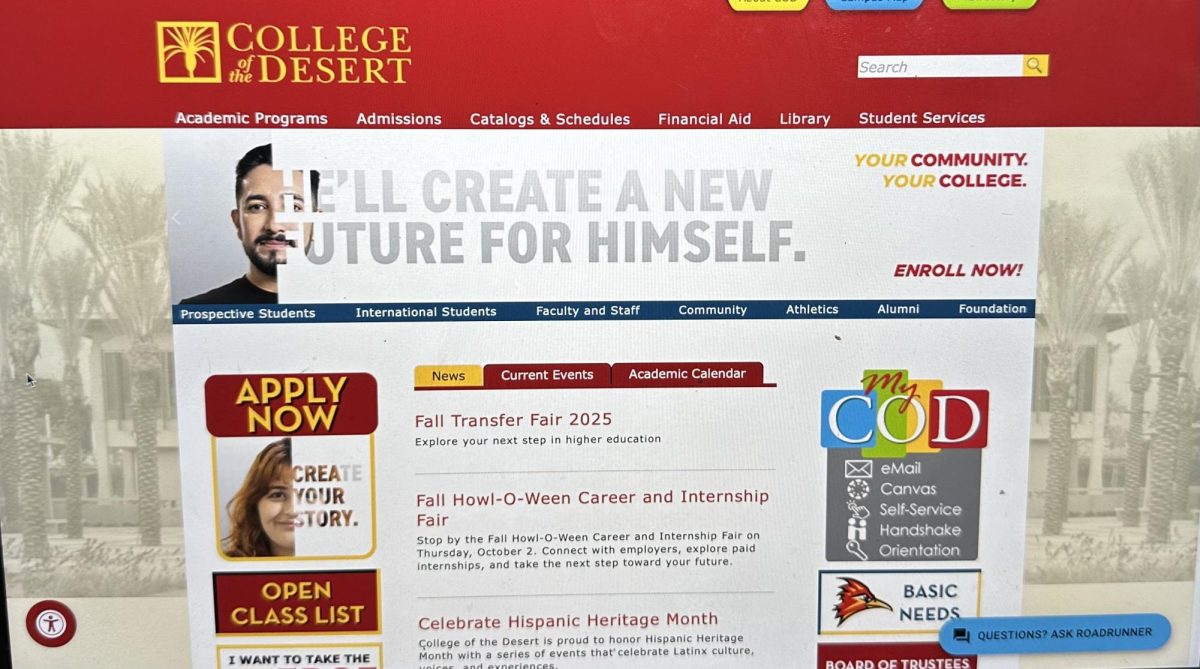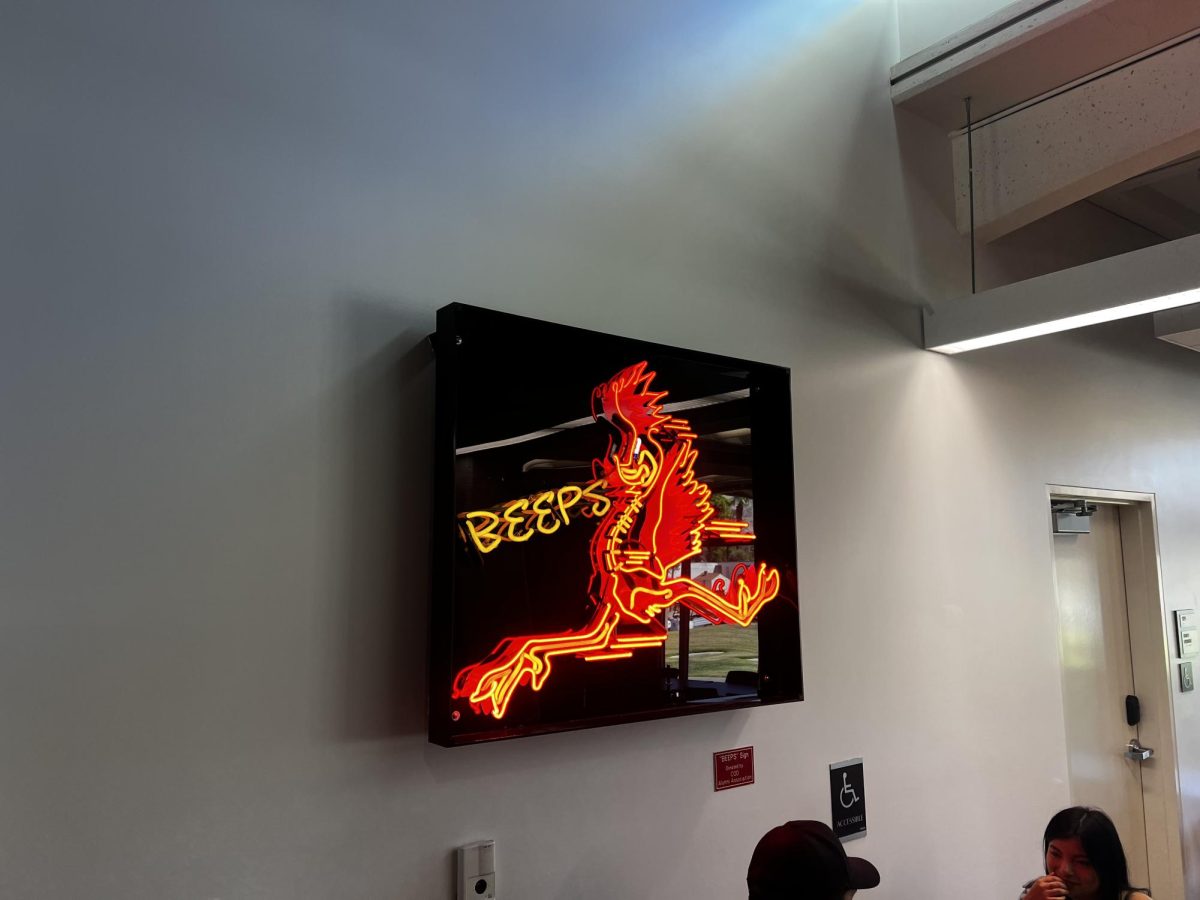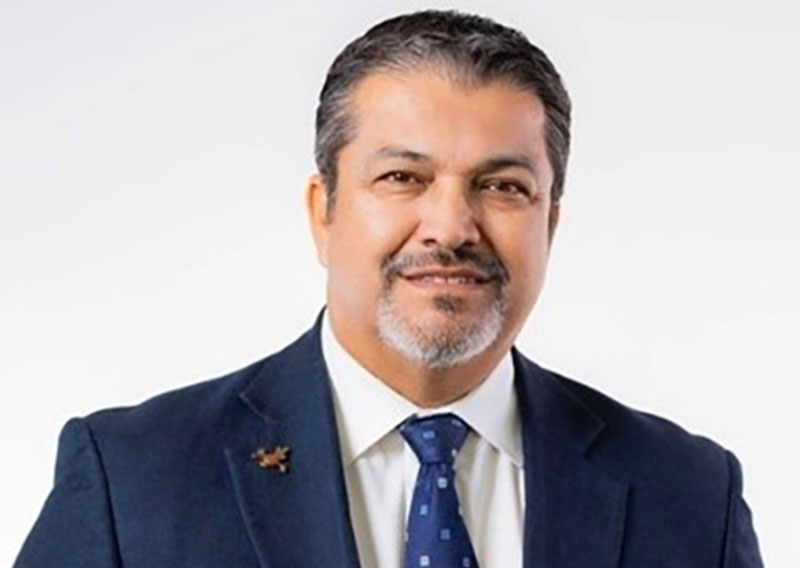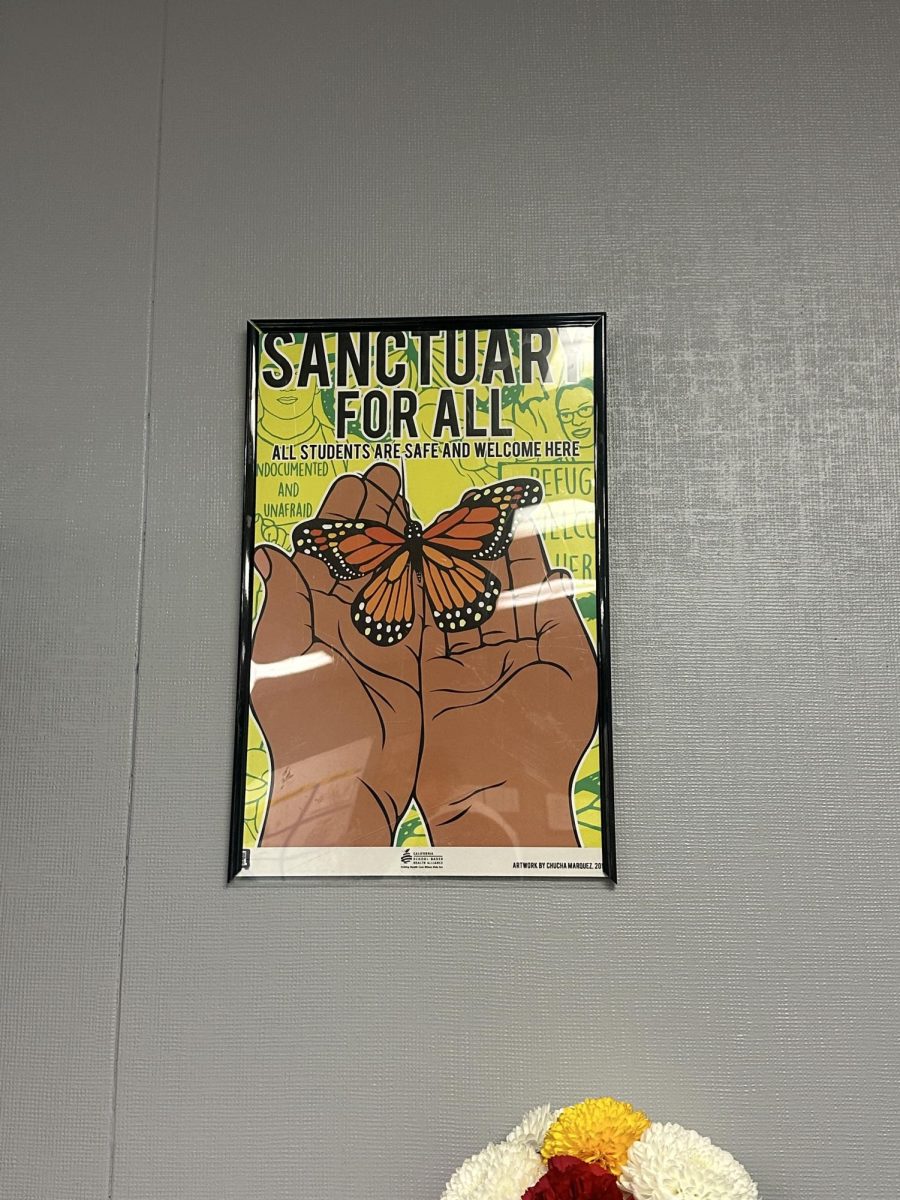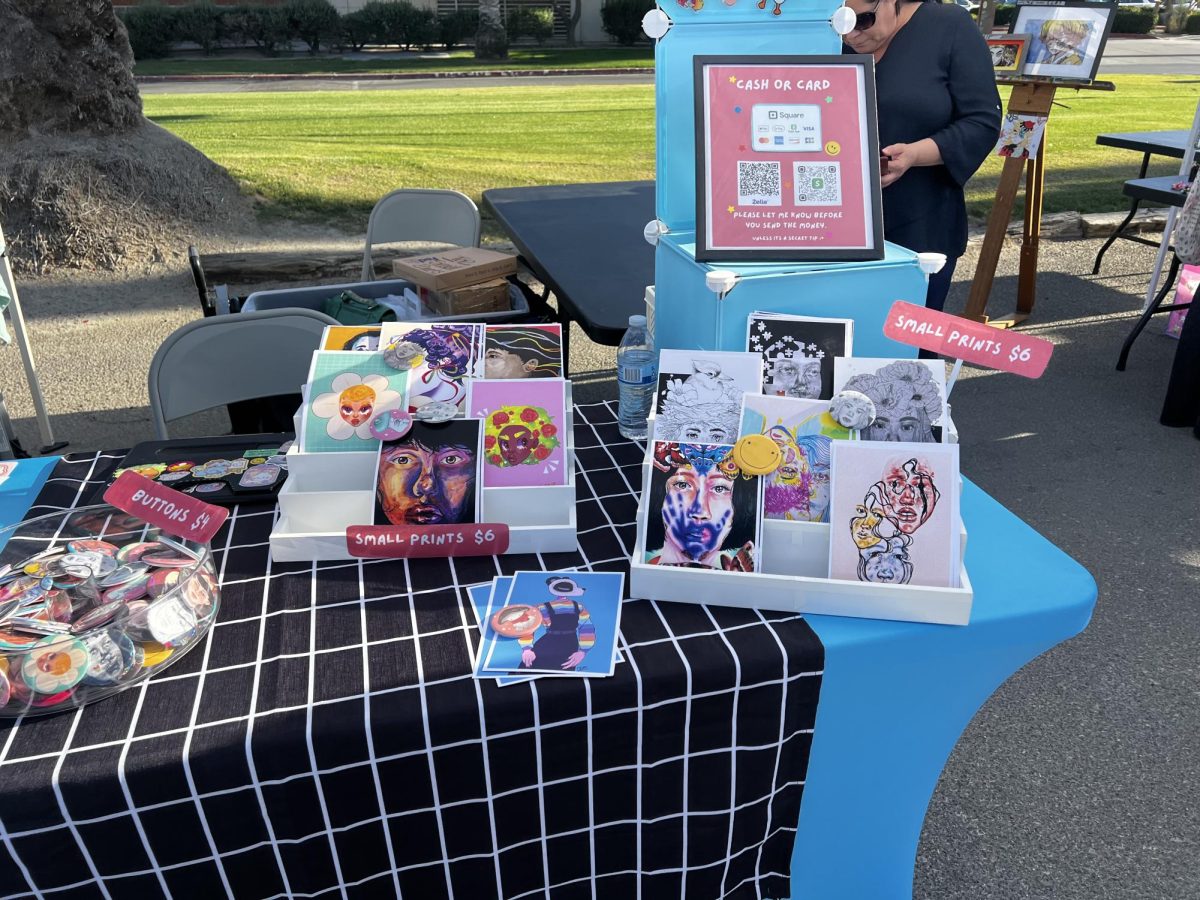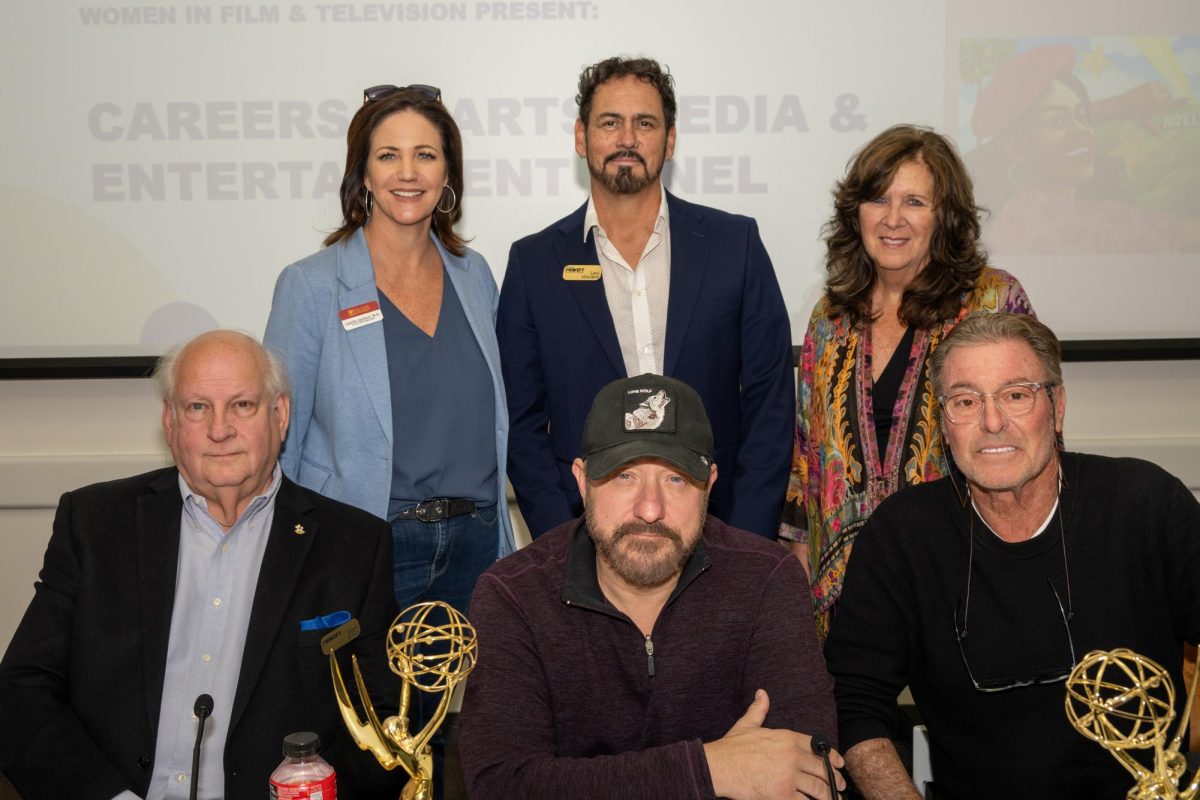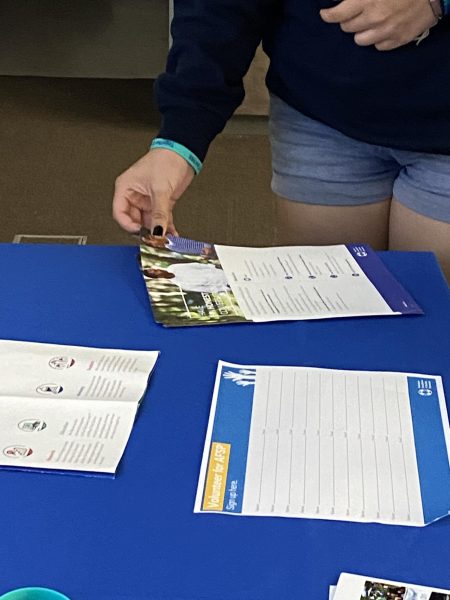
In honor of National Suicide Prevention Awareness Month, the Office of Student Life held its first CODtalk event of the year in collaboration with the American Foundation for Suicide Prevention on Sept. 20. AFSP is a nationwide non-profit organization that works to provide suicide prevention information, education and healthy coping “toolkits” to those who have experienced loss by suicide.
AFSP Board Member Carmen Diaz is a multi-suicide loss survivor who shared her experience and knowledge with COD. After losing her father, uncle, best friend, former partner, and brother to suicide, Diaz decided to use her pain as power. She found AFSP during her first year of undergraduate study when she was getting involved with community outreach programs. Diaz says it means a lot to her to connect with other loss survivors, locally and nationally.
The discussion began with identifying what Diaz calls “the scope of the problem.” She emphasized that suicide was a health issue. According to the World Health Organization, more than 700,000 people die by suicide yearly, making it a leading cause of death in the United States. “Everyone is at risk,” says Diaz. She explains that suicide prevention is similar to “treating a wound” in that it should be handled immediately and thoroughly. She also states that with the help of research, therapy, and/or medication, suicide is preventable.
Diaz mentioned how various factors, not limited to but including cultural differences, can make it difficult for people to feel comfortable discussing their mental health. She says this makes it essential for people to create a culture that doesn’t shame or shy away from discussions regarding mental health and seeking resources to help further and promote mental well-being. It was noted how government movements have been made by legally requiring resources to be available to students and community members. Diaz also explained how the media talks about suicide and how language contributes to certain stigmas behind the topic.
Everyone is encouraged to know the warning signs of someone contemplating suicide. Drastic changes in “talk,” behavior, and mood are usually the first signs, according to Diaz. A couple of specific signs noted were individuals beginning to give away their personal belongings and severe mood swings (specifically being uncharacteristically happy). With “talk” being a warning sign of suicide contemplation, AFSP leads with the phrase, “Talk away the dark.” Diaz encourages this

as well saying, “Reach out, have a conversation, be a friend, be there”. According to AFSP and Diaz, talking is also one of the first steps to suicide prevention. Along with the discussion, Diaz tells the audience if it is safe to do so, it is important to take away anything that an individual could use to harm themselves, such as lethal means (firearms and/or sharp objects) and substances.
Diaz said she truly wants everyone to know there are resources to help and anyone can get involved in different, “personalized” ways. The audience was moved by Diaz’s presentation and AFSP’s work. Office of Student Life staff member Myalina Benevides found it incredibly inspiring how Diaz didn’t use her sadness to hold her back. At the same time, Senior Program Specialist Danny Torres says he wasn’t aware of how many different resources there were here at COD.

